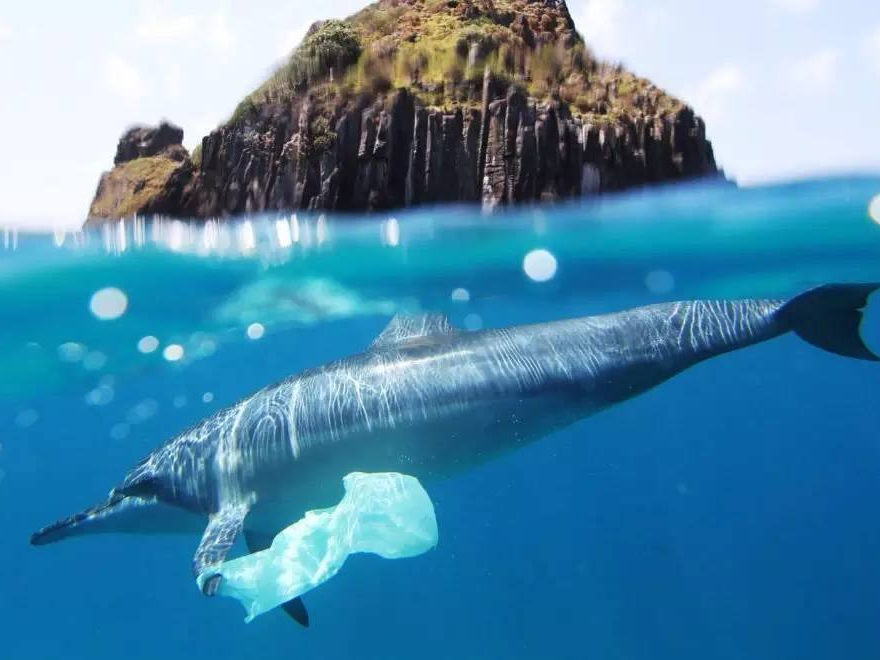
- This will improve public and environmental health, especially marine health
On August 12, 2020, the Asian Development Bank has approved a concessional loan and grant of US$73.39 million to the Maldives government for the development and utilization of waste-to-energy (WTE) technology waste treatment facilities for the Maldives region and adjacent outer islands And disposal facilities.
Malaysia and its neighboring 32 outer islands (86 tourist resorts in total) have suffered due to severe environmental pollution due to insufficient collection and arbitrary disposal of solid waste. The area generates more than 830 tons (tpd) of solid waste every day, which is dumped or burned in a 10-hectare dump on Thilafushi Island. The garbage dump was built in 1992 without any pollution control measures. The site pollutes the surrounding environment and is a public health and environmental hazard threatening fishery and tourism.
ADB South Asia Urban Development Specialist Luca DiMario said: “This project will greatly improve the Maldives’ solid waste management by providing effective and sustainable treatment and disposal infrastructure. Waste-to-energy facilities will become an integrated solid waste management system. This will improve public and environmental health, especially ocean health."
The project will build a waste incineration power plant with a daily processing capacity of 500 tons, two 250 tons/day processing lines, an 8 MW power surplus energy recovery facility, an air pollution control system and an air pollution control system for safe air disposal Pollution control residues in landfills and non-marketable incineration bottom ash. The waste-to-energy processing process minimizes the land requirements for waste disposal and produces renewable energy to solve the key land and power constraints of small developing island countries like the Maldives.
All facilities will adopt disaster and climate adaptability functions to deal with future disasters and climate change threats, such as rising sea levels. The project will also strengthen the institutional capacity of the Ministry of Environment and the Environmental Protection Agency to oversee the operation of WTE, increase the recovery rate of operating and maintenance costs, and increase public awareness of sustainable waste management practices.
The total cost of the project is USD 15113 million. The Asian Infrastructure Investment Bank plans to provide US$40 million in co-financing loans. The Japan Joint Credit Facility Fund will provide US$10 million in grants to fund expenditures related to waste-to-energy design and construction, emergency costs and consulting services to prove the greenhouse gas emission reductions of waste-to-energy plants. ADB will provide a grant of US$500,000 to strengthen the institutional capacity of the Ministry of Education and EPA. The Maldives government will donate US$27.74 million to the project.Editor/Huang Lijun
Comment
 Praise
Praise
 Collect
Collect
 Comment
Comment
 Search
Search


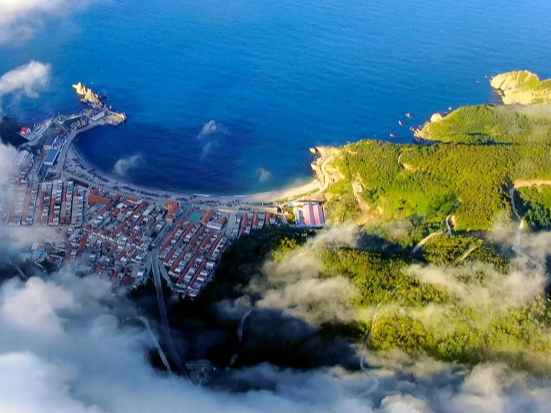

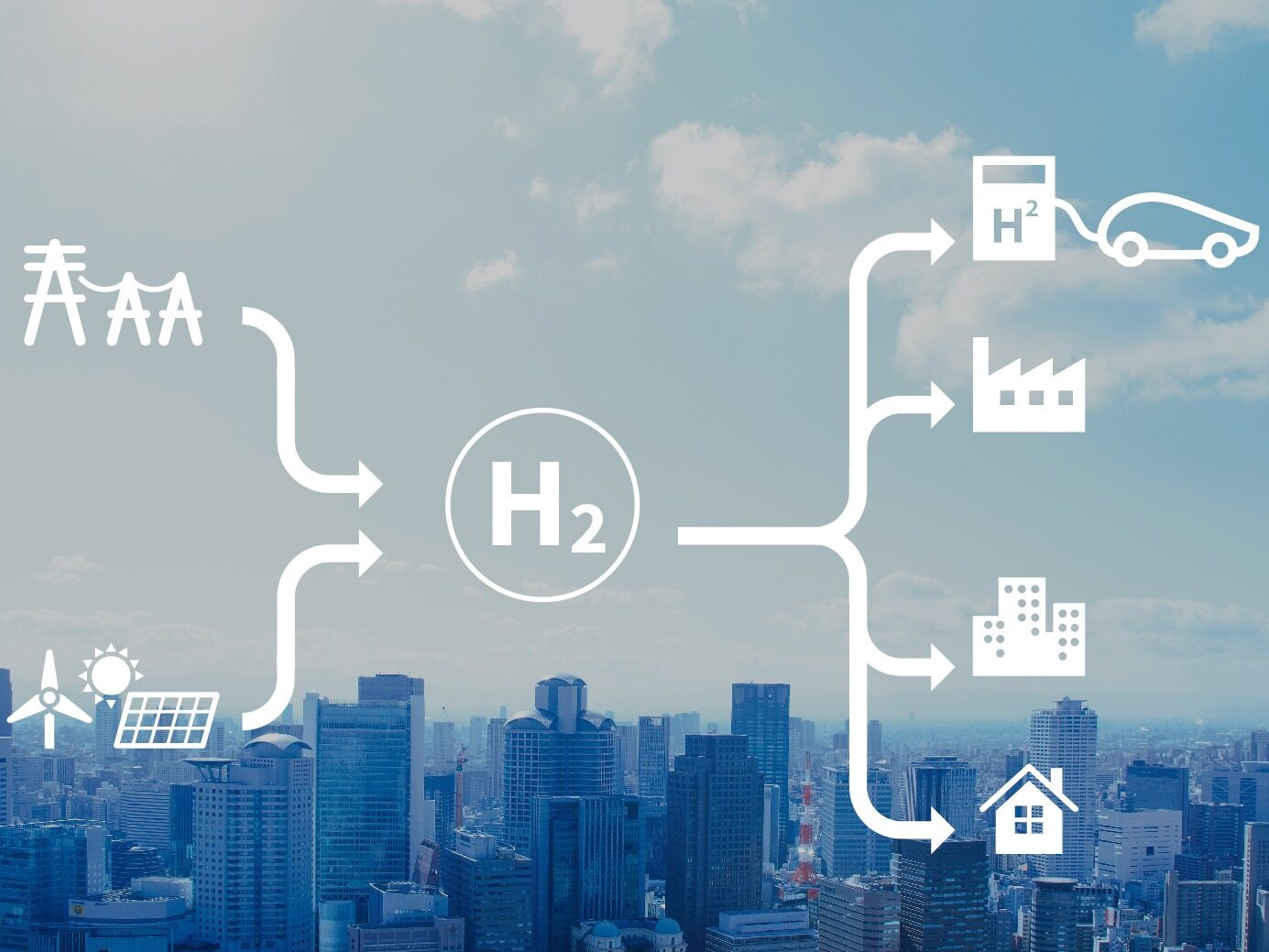
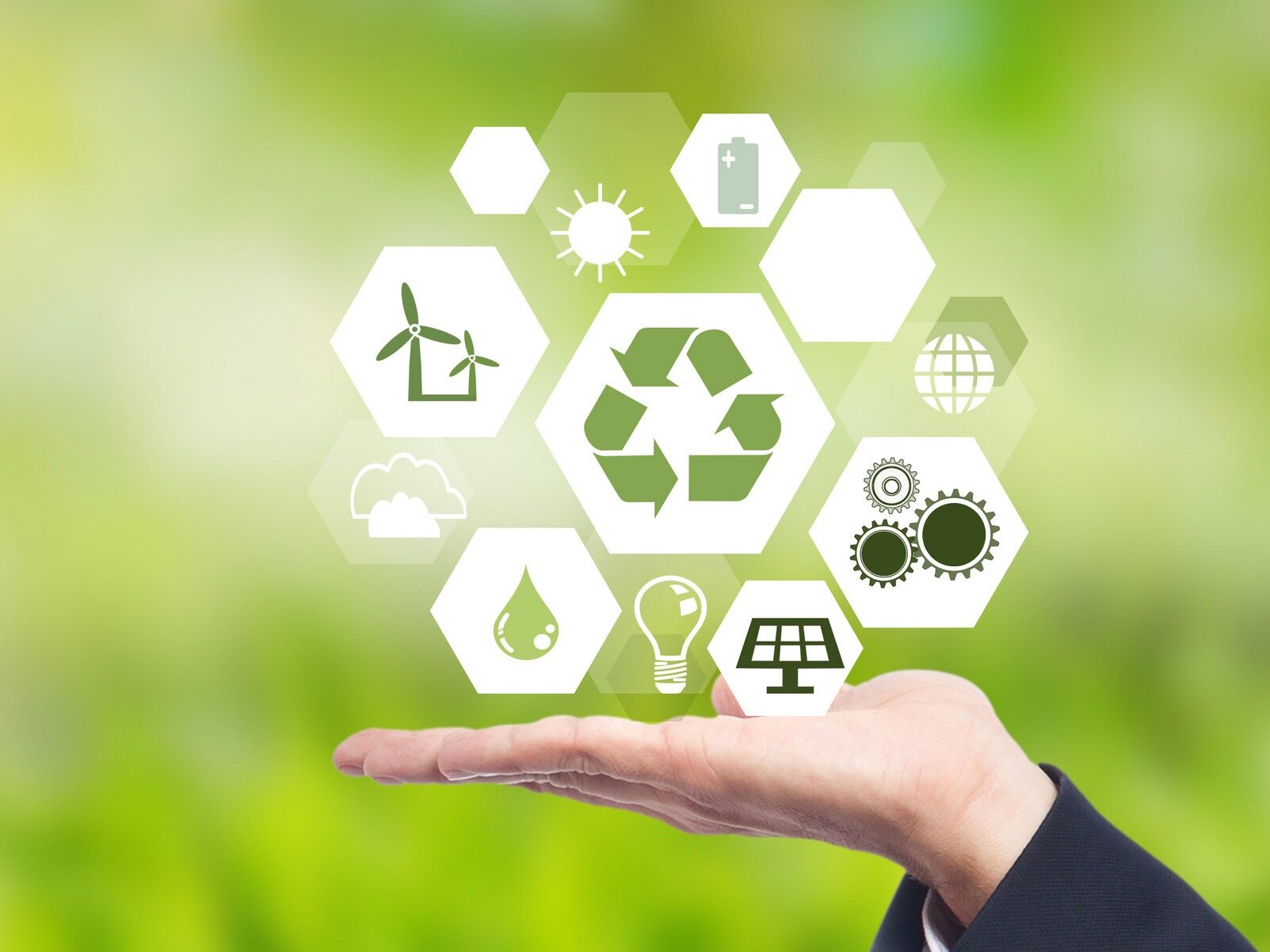
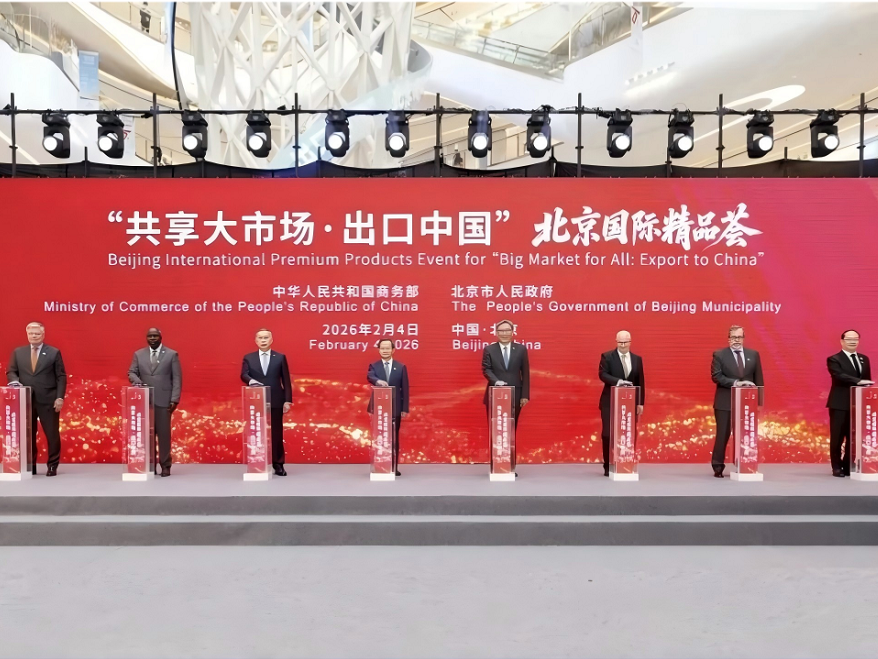







Write something~